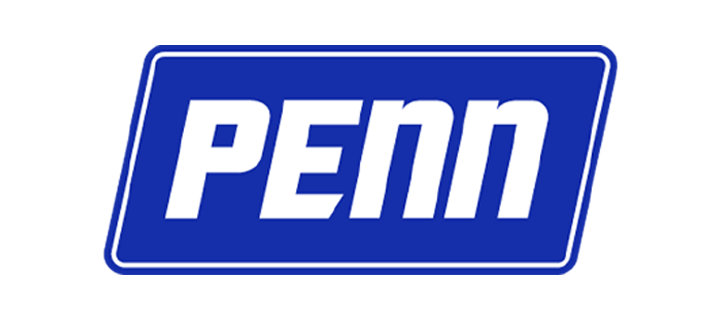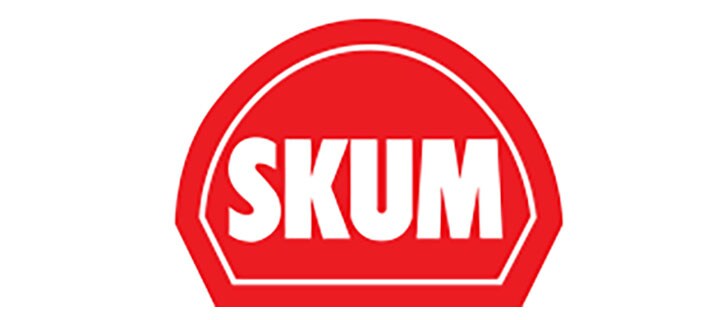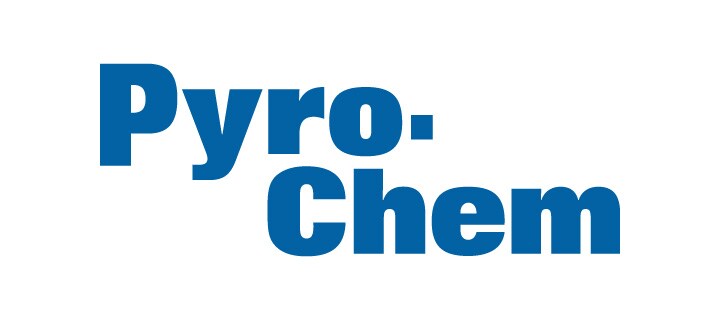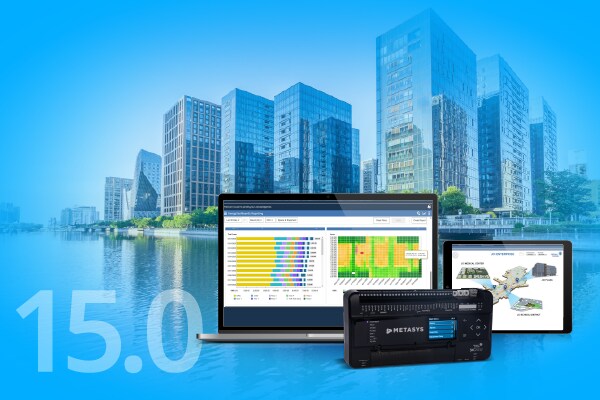- Johnson Controls
- Insights
- How to Maximise the Value of Building Automation Systems in the UK
How to Maximise the Value of Building Automation Systems in the UK
Why Smarter Building Automation Matters for UK Facilities
In today’s fast-evolving built environment, building automation systems (BAS) are no longer a luxury. They are essential for improving energy efficiency, occupant comfort and operational resilience. Yet many UK facilities still rely on fragmented or outdated systems that limit performance and miss opportunities for long-term savings.
Rather than taking a piecemeal approach to upgrades, UK building owners and facilities managers can benefit from a life cycle strategy. This means continuously improving and refreshing your BAS to keep pace with technology, regulations and sustainability goals. The result is a smarter, more efficient and future-ready building.
A recent article by Kaishi Zhang, Vice President of Global Product Managament for Johnson Control's Building Automation Systems and Control division discusses this issue.

In his expert insights, Kaishi highlights the benefits of adopting a life cycle approach to Building Automation Systems (BAS).
Rather than relying on one-off upgrades, this strategy enables continuous monitoring and regular refreshes with the latest functionality. For UK facilities, this means smarter, more responsive buildings that deliver enhanced comfort, improved energy efficiency and long-term operational value. As demands for sustainability and digital integration grow, a life cycle approach helps future-proof your infrastructure while supporting net zero goals.
The article outlines four key strategies to help UK organisations get the most from their building automation systems:
- Reduce engineering complexity
Traditional BAS upgrades often require extensive engineering and manual configuration. With modern platforms like OpenBlue, UK facilities can streamline deployment using pre-configured templates, scalable architecture and cloud-based integration. This reduces installation time and simplifies system management across multiple sites. Learn more about OpenBlue >
- Embrace continuous commissioning
Buildings are dynamic environments, and performance should be monitored in real time. Continuous commissioning uses live data and analytics to identify inefficiencies, adjust settings and maintain optimal performance. This proactive approach helps facilities teams avoid costly downtime and ensures compliance with UK building standards.
Explore building automation and controls to support ongoing optimisation > - Enable autonomous operations
Autonomous BAS solutions use artificial intelligence and machine learning to make intelligent decisions without manual input. Whether adjusting HVAC settings based on occupancy or responding to energy demand, these systems improve responsiveness and reduce the burden on facilities teams.
Learn more about smart building technologies that support autonomous operations > - Future-proof your infrastructure
Technology is evolving rapidly, and your BAS should be ready to adapt. Future-proofing means choosing open, scalable platforms that integrate with new devices, comply with emerging UK regulations and support long-term goals such as net zero. Johnson Controls offers solutions that grow with your building and your business.
Discover sustainable infrastructure solutions designed for long-term value >
Smarter buildings start with smarter systems
Maximising the value of your building automation system is not a one-off upgrade. It is a strategic journey that improves efficiency, reduces costs and supports a healthier, more sustainable future. With Johnson Controls, UK organisations can unlock the full potential of their buildings through intelligent automation and continuous innovation.
You can explore the full feature on building lifecycle optimisation with Kaishi Zhang by clicking here >






















.jpg?la=en&h=320&w=720&hash=244C75B74F0F77521D56164450973BCD)














.jpg?la=en&h=310&w=720&hash=8D9823F26AA80B2B75C3E4B2E61770DC)


.jpg?la=en&h=320&w=719&hash=13CA7E4AA3E453809B6726B561F2F4DD)
.jpg?la=en&h=306&w=720&hash=F21A7CD3C49EFBF4D41F00691D09AEAC)

.png?la=en&h=320&w=720&hash=18CFCCD916C92D922F600511FABD775D)


















